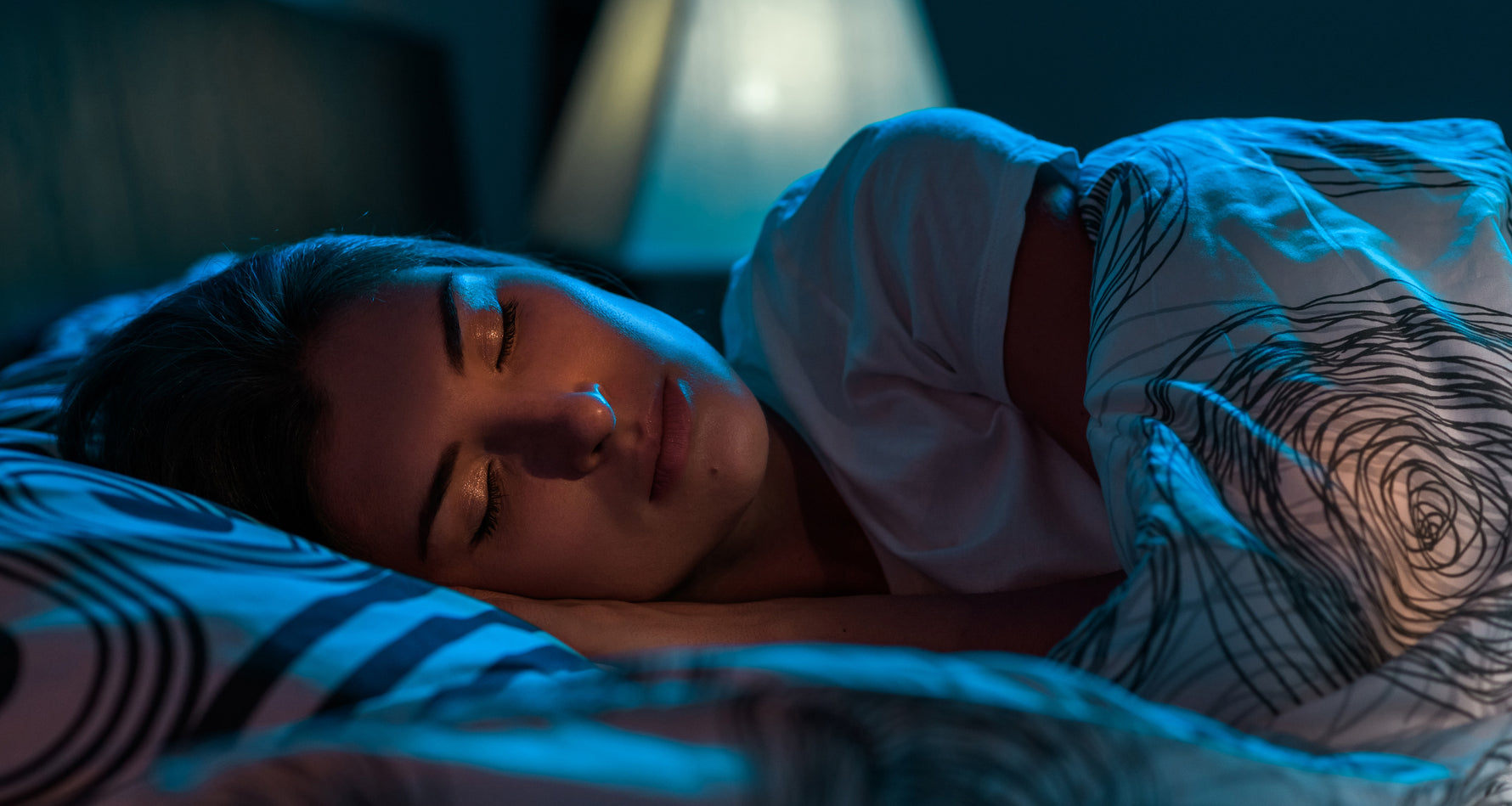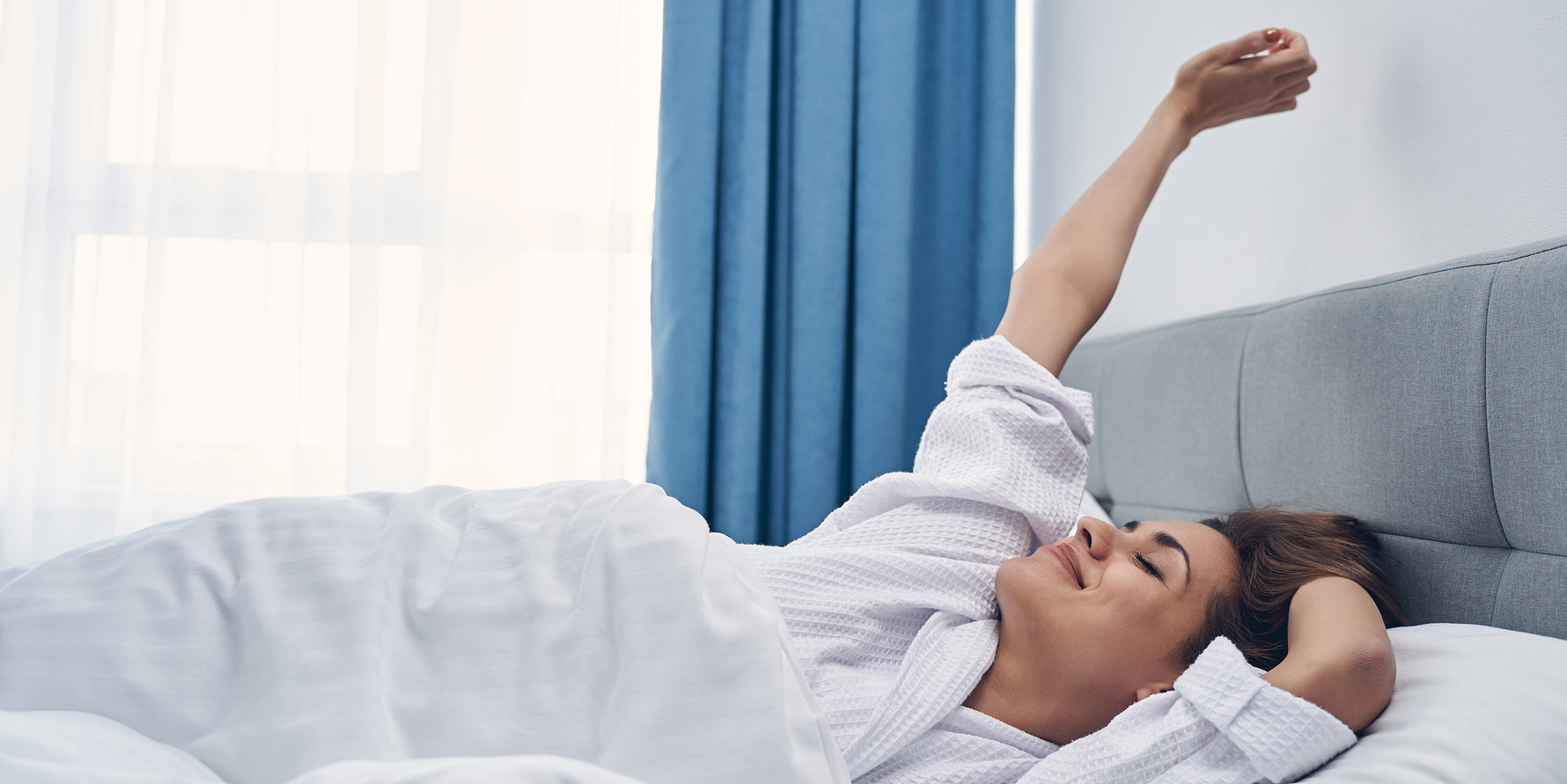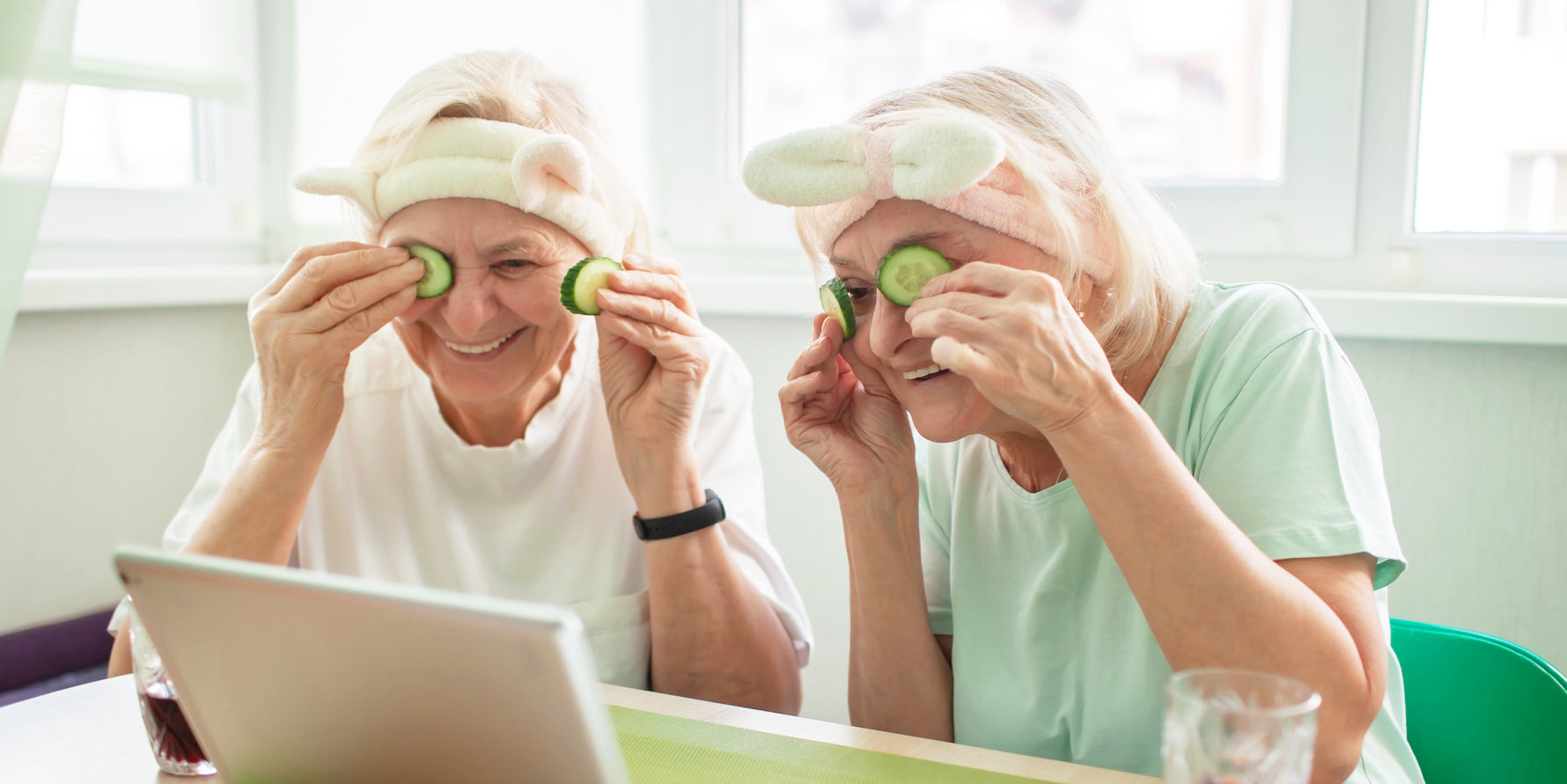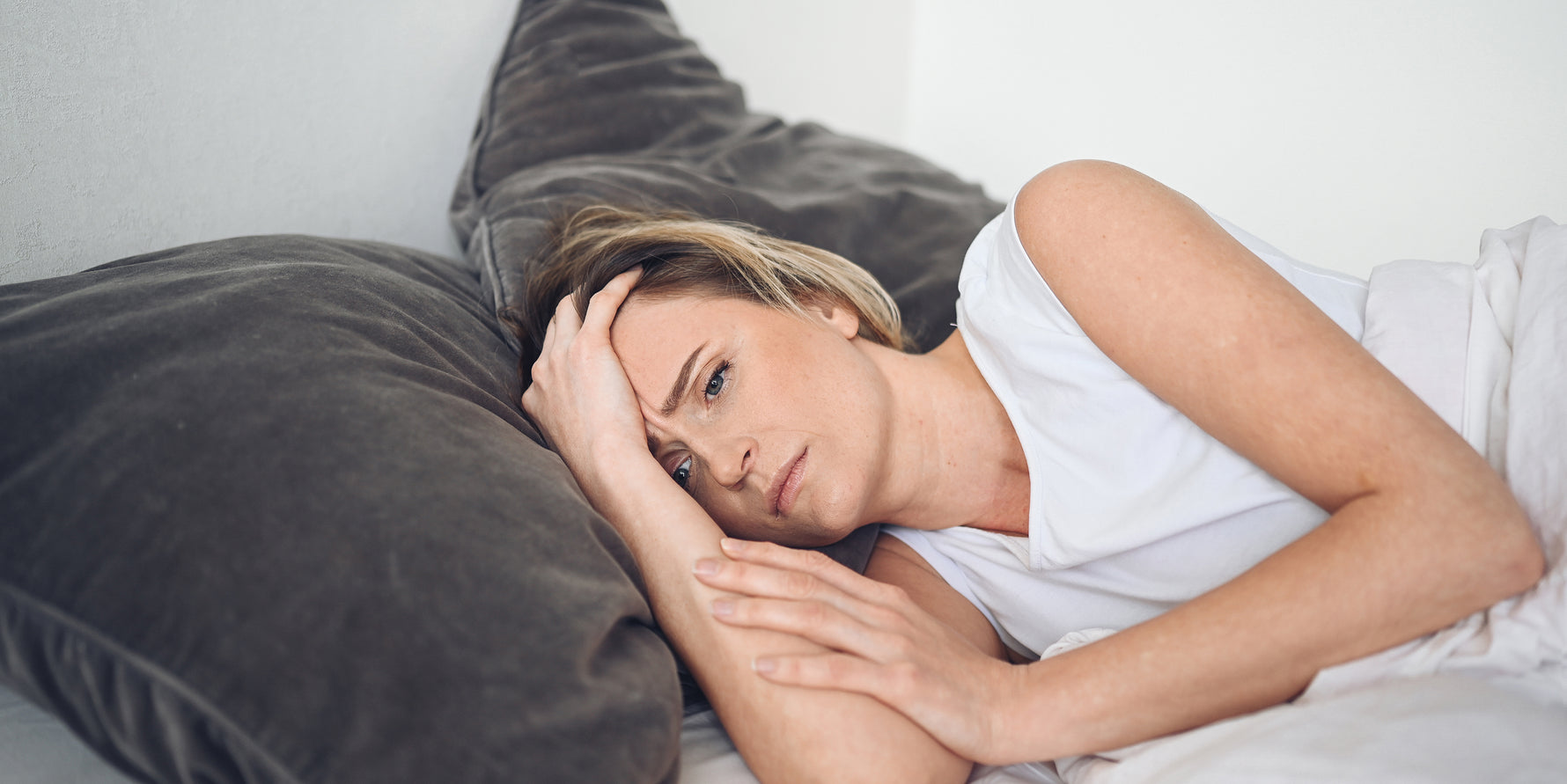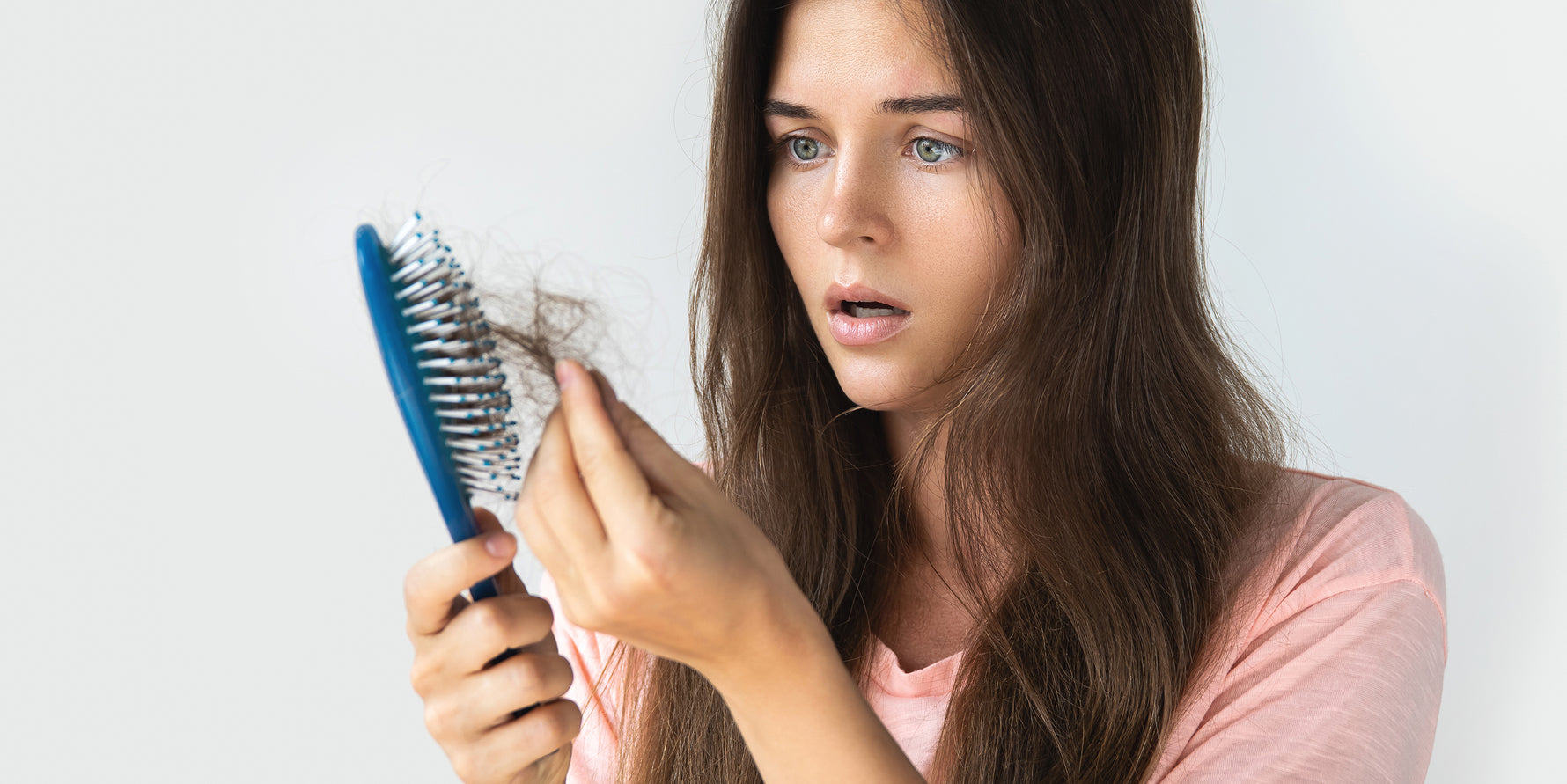Read Time: 5 minutes
Are you noticing a lot of hair clogging up the shower drain lately? First off, don’t panic! Hair shedding is normal for everyone and it’s a part of the growth process.
However, factors like stress, diet, and genetics can play a role in excessive hair shedding. If you are worried that your hair loss is significant or you have fine follicles, there are simple steps you can take to support healthy hair density and minimize fallout. Here are five tips to grow luscious, strong locks.
1. Beat the Heat
There’s nothing like a good blowout to make you feel your best, but styling tools cause irreparable damage to your hair follicles and cause extra hair fallout. Heat protectant sprays can protect your hair to an extent, but using hot tools daily causes the follicle to become brittle and eventually break.
Save the heat for special occasions if you can and use a towel scrunchie to put your wet hair back until it dries. If you can’t bear to part with your hot tools, try for every other day, or take out a step in your daily routine.
For example, instead of drying then curling with tools, wash your hair earlier in the morning or evening and let it air dry naturally. Then style and go about your day (or night).
2. Your Scalp Needs TLC Too
There’s tons of protectant sprays, hair masques, keratin leave-in conditioners, and volumizing hair treatments out there, but you might be missing the root of the hair loss problem (pun intended): your scalp.
Over time, product builds up on the surface, tight hairstyles can pull at your roots, and shampoo can strip your hair of its natural oils. All of this can lead to dull, weak, and brittle hair.
Protect your scalp by minimizing the amount of times you wash your hair (yes really). Shampoo has sudsing agents and ingredients that can strip oils and clog your roots.
Try using less products, and get a quality scalp detox treatment. If you want, you can opt for a more natural scalp detoxifier, like those that contain apple cider vinegar.
Also, use loose hair ties, clips, or other accessories that don’t pull at your roots. If your hair tangles easily after you step out of the shower, try a wet brush to minimize breakage and massage your scalp.
3. Sleep Instead of Shed
Every system in your body is interconnected, and hair is no different. Taking care of your basic needs, like getting a good night’s sleep, is vital to hair health.
If you find it difficult to sleep at night, try a natural support like melatonin and read up on our favorite sleep tips.
For starters, go to bed at the same time every night and get up at the same time every morning…yes, even on weekends or days off! Your body craves routine, so skip the extra episode tempting you on Netflix if you can.
4. Food for Healthy Follicles
This pairs naturally with the previous tip. Good, balanced nutrition is essential for healthy hair, and well, everything else.
Make sure you are getting ample whole grains, greens, vitamin C, lean protein, and healthy fats like omega-3s to support optimal hair health and growth.
Minimize sugar, preservatives, and trans fats, which may sound like a broken record in this day and age, but the American diet still greatly favors these unhealthy ingredients.
5. Supplements for Shining Locks
One of the easiest, least time-consuming ways to support the best hair growth and health while minimizing unnecessary shedding is taking a quality supplement daily. You’ve probably already heard of biotin, one of the B vitamins, which is said to encourage faster hair growth, but there are plenty of other supplements to try as well.
Iron, vitamin C, and vitamin D are three great supplements to check out if you are losing hair density due to shedding and breakage.
Iron is necessary for hair shaft health, and low levels can cause shedding. Vitamin C supports iron absorption in your gut, and it supports hair growth. Vitamin D deficiency is associated with brittle bones, but it is also linked with hair breakage and shedding.
If you’re finding it difficult to get adequate vitamins and minerals in your daily diet, consider bridging the nutrition gap with quality supplements.
The EZ Melts Difference
While you may be able to find supplements elsewhere, it’s finding quality products that counts when it comes to your health.
Make sure you are choosing a brand that cares about what they put into their supplements as much as you care about what goes into your body!
EZ Melts supplements are all zero-sugar, vegan, gluten-free, and non-GMO, so you know that you are getting effective supplements that won’t cause you harm.
Thank you for being a part of the EZ Melts community!
___
Written by Annie-Eliza Stevens

